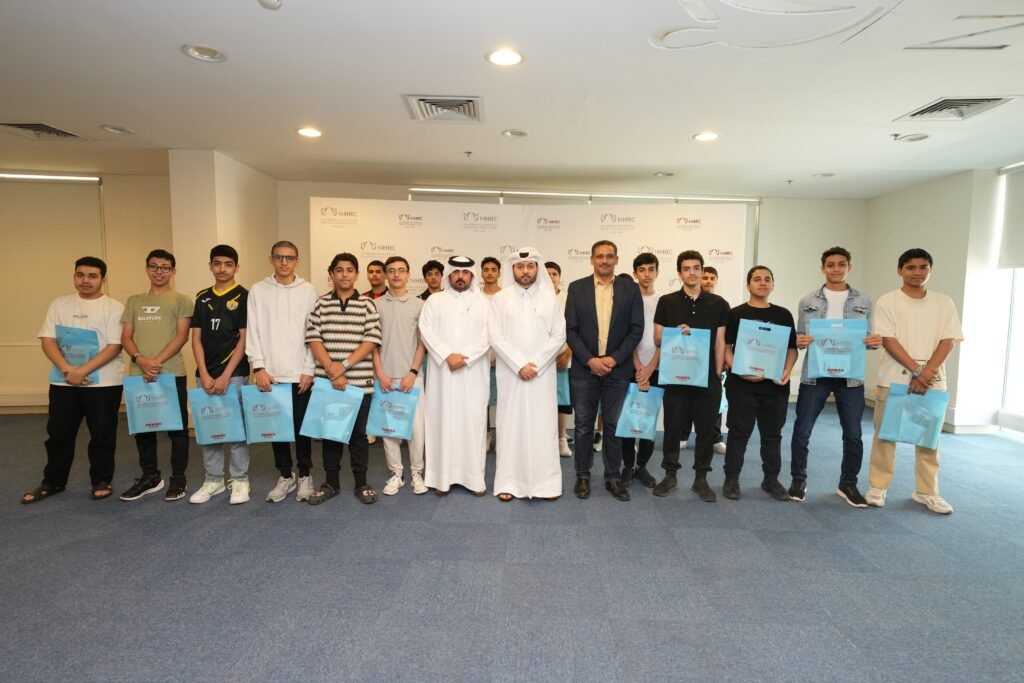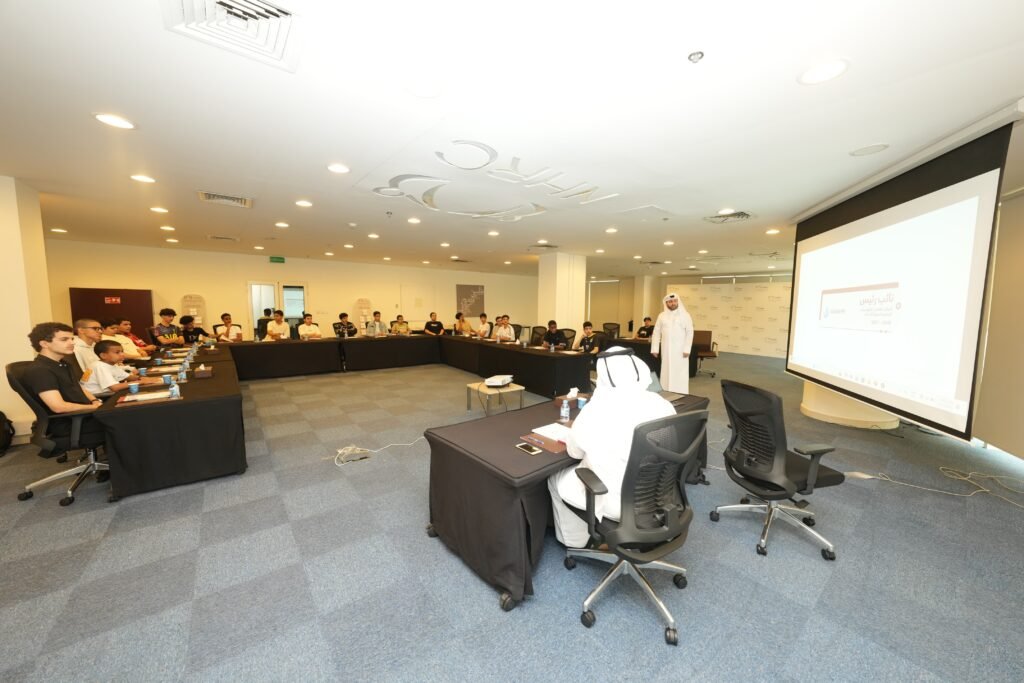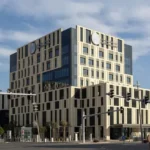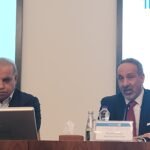Held at NHRC headquarters, the session was attended by representatives from the Supreme Judiciary Council, the Ministries of Interior, Education and Higher Education, Social Development and Family, and Public Health, in addition to the Public Prosecution and several parents of individuals with autism and cerebral palsy.
In his opening remarks, Nasser Marzouq Al-Marri, Director of the Legal Affairs Department at the NHRC, expressed appreciation for the presence and contributions of parents, acknowledging their unwavering commitment to their children’s development.
He also commended the participation of various governmental bodies, urging all stakeholders to move from expressions of sympathy to actions that foster real understanding, support, and empowerment.
Al-Marri emphasized that the session served as a platform for open discussion, where key challenges were identified and actionable recommendations were put forward for the consideration of relevant authorities.
Abdulrahman Al-Hashemi, Head of Legislation, Studies, and Legal Research at the NHRC, highlighted the importance of the dialogue, noting that it addressed one of the most humanitarian and sensitive issues. He pointed out that the initiative forms part of the NHRC’s 2024–2030 Strategic Plan and reflects the Committee’s commitment to inclusive engagement and coordinated action.
The dialogue led to several noteworthy recommendations. Among them was the proposal to establish an Educational Security Authority and an Education and Public Prosecution Office, to ensure a safe, inclusive, and well-supported educational environment. These bodies would be tasked with addressing the legal, social, and psychological dimensions of the educational experience, covering physical, intellectual, emotional, and social aspects of student safety.
Participants also underlined the urgent need to address the gap in services for individuals with disabilities over the age of 21. They proposed the creation of specialized government centers to provide occupational therapy, physiotherapy, and vocational training based on international best practices.
As an interim measure, it was suggested that transitional services be offered at Shafallah Center, including rehabilitation and training programs tailored to this age group. The formation of strategic partnerships between Shafallah and private institutions was also recommended to support service delivery and staff development through regular knowledge exchanges.
To ensure equitable access, participants proposed the introduction of educational vouchers to help families afford private rehabilitation and training services.
Further recommendations included the development of a national autism guideline, the activation of a dedicated hotline to offer psychological support and receive complaints from individuals with autism and cerebral palsy and their families, and increased collaboration with the private sector to design personalized training programs aligned with labor market demands.
The dialogue concluded with a call for national awareness campaigns to promote the value of ongoing rehabilitation and to highlight success stories that showcase the transformative impact of inclusive programs on individuals and society.













